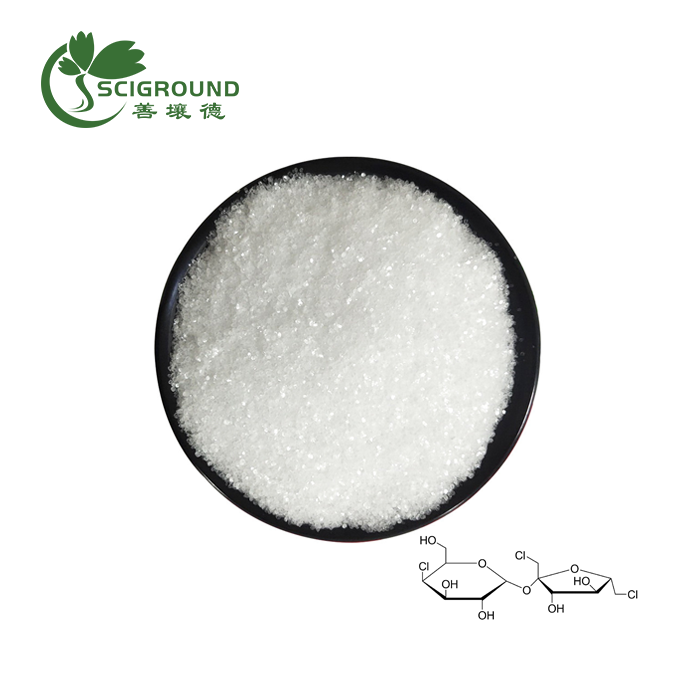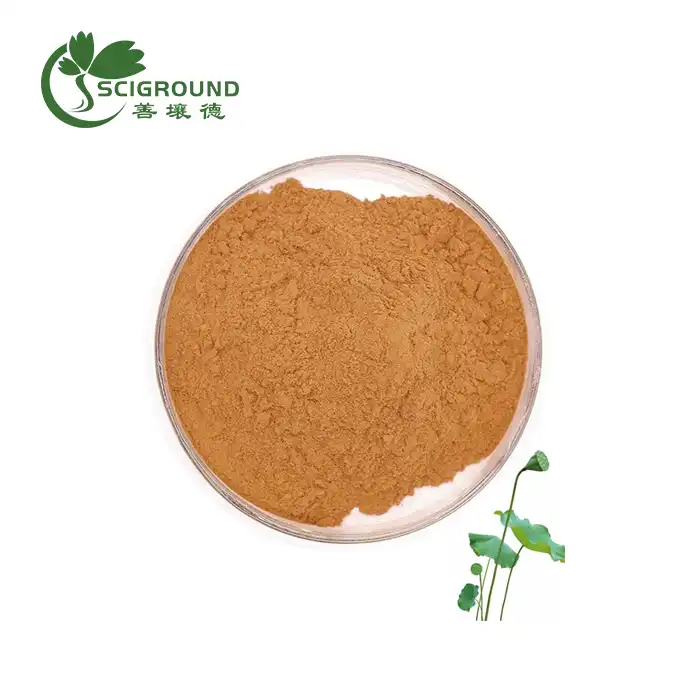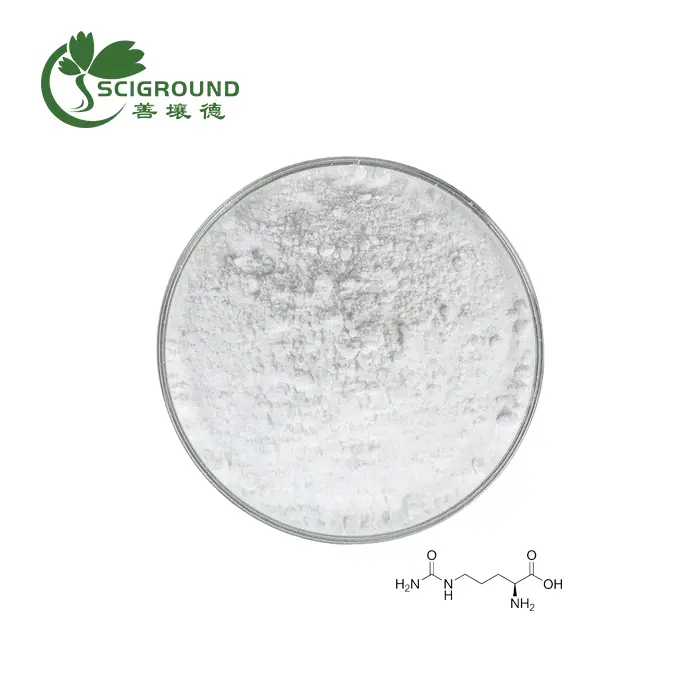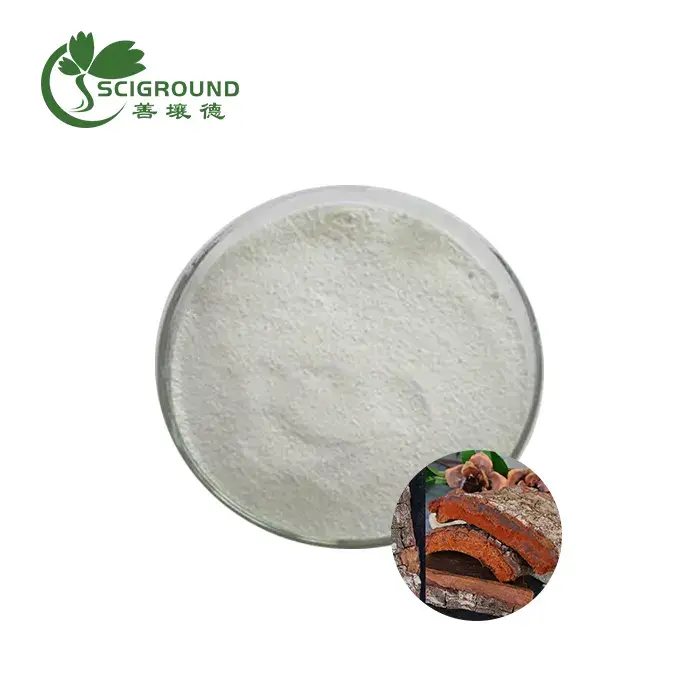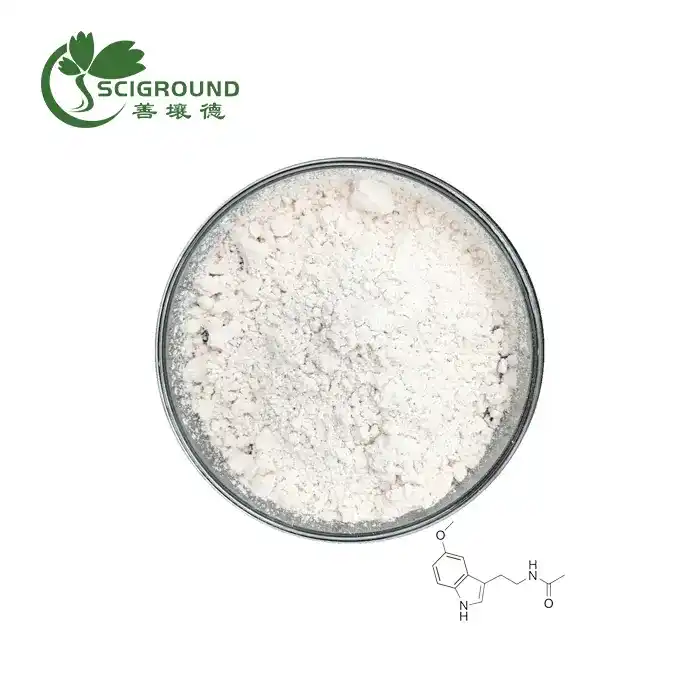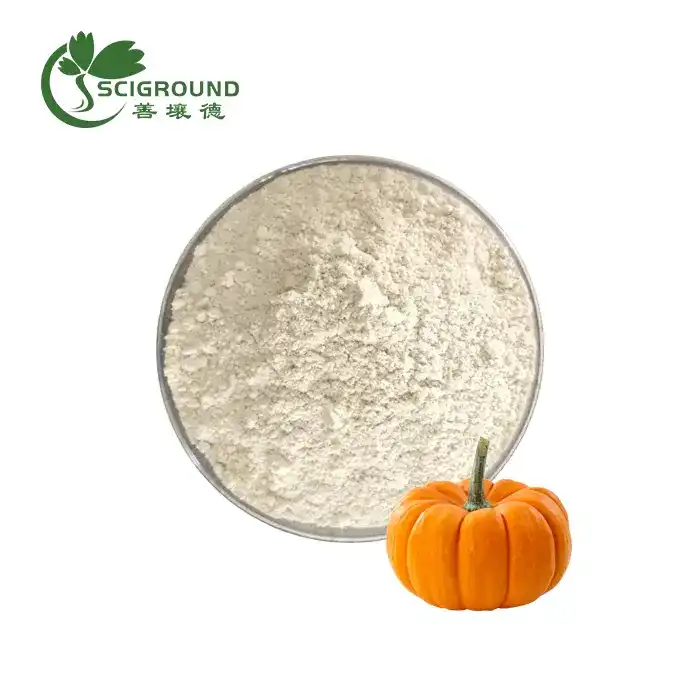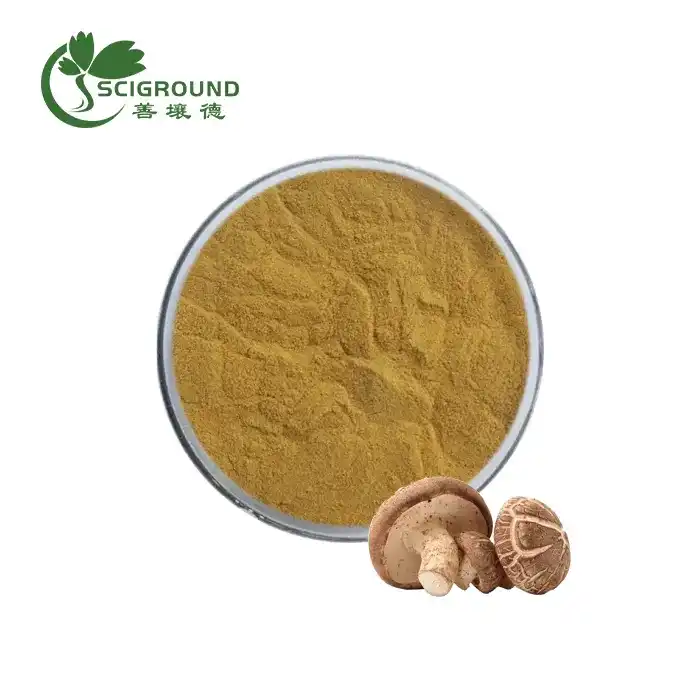Foods High in Inulin
Inulin is a type of soluble fiber that has increasingly become recognized for its powerful health benefits. As a prebiotic, inulin helps feed the good bacteria in your gut, leading to improved digestion, better immunity, and more. Additionally, inulin may help manage blood sugar levels, increase mineral absorption, and promote weight loss.
While small amounts of inulin are found in a variety of fruits, vegetables, and grains, certain foods contain especially high amounts. Here are 8 healthy foods high in inulin that you should consider adding to your diet.
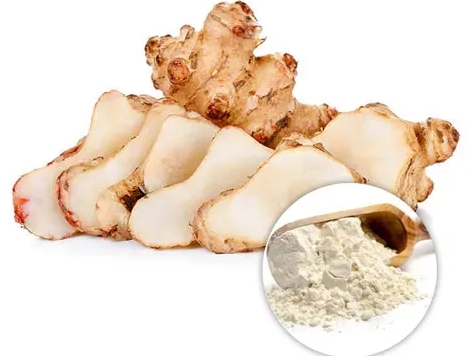
1. Chicory Root
Chicory root is often processed into inulin powder and provides the highest concentration of inulin of any food source. Just one tablespoon of chicory root powder supplies up to 6 grams of inulin.
2. Jerusalem Artichoke
Also known as sunchokes, Jerusalem artichokes provide about 2-3 grams of inulin per ounce (28 grams). These nutty, sweet tubers make the perfect crunchy addition to salads and slaws.
3. Garlic
Garlic contains up to 1.5 grams of inulin per 3 cloves, making it an easy way to add flavor and fiber to your favorite savory dishes and recipes.
4. Onion
Onions are another cooking staple that can bump up your inulin intake. A half cup of chopped onion packs around 1 gram of inulin.
5. Asparagus
In addition to vitamins K and B folate, asparagus contains about 2-3 grams of inulin per cup. Try adding fresh asparagus spears to frittatas, pasta dishes, and stir-fries.
6. Banana
Unripe (green) bananas have the most inulin, with up to 5 grams in each medium fruit. Ripe yellow bananas contain about 2 grams per banana.
7. Barley
Pearled barley provides around 0.5 grams of inulin per 1/3 cup cooked. Enjoy barley in soups, stir-fries, casseroles, and more.
8. Oats
Steel cut and rolled oats supply 0.5-1 grams of inulin per cooked cup, along with plenty of fiber and nutrients like manganese, phosphorus, and B vitamins.
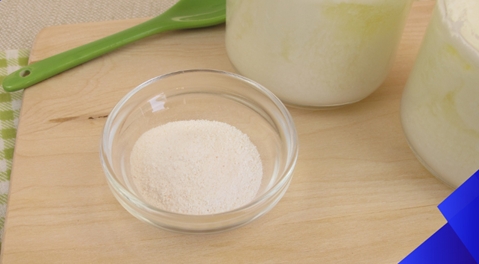
Health Benefits of Inulin
Research shows that increasing your inulin intake could offer several advantages when it comes to your health.
Promotes Gut Health
Some of the biggest health benefits of bulk inulin powder are related to the gut. As a prebiotic, inulin helps nourish the beneficial bacteria in the GI tract, including Bifidobacterium and Lactobacillus strains.
Studies show that supplementing with inulin may help increase populations of these health-promoting bacteria to optimize digestion and boost immunity.
Aids Mineral Absorption
Inulin also enhances the absorption of important minerals like calcium and magnesium. Calcium absorption, in particular, may increase by up to 20% with inulin consumption.
Regulates Blood Sugar
Some research indicates that wholesale inulin may help keep blood sugar levels stable by slowing digestion and the release of sugars into the bloodstream.
One study in diabetics found that taking 10 grams of bulk organic inulin powder before a meal significantly reduced blood sugar spikes compared to a control group.
Promotes Weight Loss
Inulin supplements are sometimes included in weight loss aids and diet pills. That’s because inulin is low in calories but helps support satiety.
One study gave overweight and obese participants 21 grams of inulin daily. After 3 months, they lost significantly more weight and had greater reductions in BMI vs the placebo group.
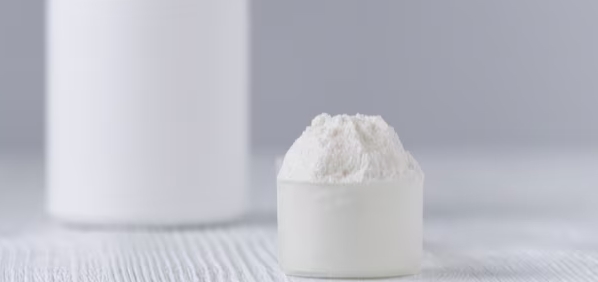
Inulin Dosage and Timing
Most studies show that you can safely consume up to 30 grams of organic inulin powder bulk per day, divided into multiple doses. Start slow and work your way up to assess your tolerance.
Taking inulin with food can help minimize side effects. However, spreading your intake throughout the day may be even more effective for digestive health.
Try taking 5-10 grams before 1-2 meals per day, adjusting the dosage and timing as needed.
How to Add More Inulin to Your Diet
Boosting your inulin intake is easy with a few simple swaps:
Use chicory root powder instead of coffee creamer
Swap white flour with inulin-rich whole grains like barley or oats
Add chopped onions, garlic, and asparagus to omelets, salads, and pastas
Enjoy Jerusalem artichokes in place of potatoes
Blend green bananas into smoothies
Additionally, consider taking an inulin supplement in powder or capsule form to increase your intake further.
Potential Side Effects
Inulin is generally well tolerated, but some people may experience side effects like gas, bloating, and diarrhea when consuming high amounts.
This is because inulin is a FODMAP, a type of carbohydrate that some people have difficulty digesting. Start with a small amount and gradually increase intake over a few weeks to reduce digestive discomfort.
Those with irritable bowel syndrome (IBS) may also want to limit high-inulin foods, as FODMAPs can exacerbate symptoms.
Inulin vs Other Prebiotics
In addition to inulin, other prebiotics include fructooligosaccharides (FOS), galactooligosaccharides (GOS), and resistant starch. These support the growth of healthy bacteria in the gut.
Inulin and FOS have a similar chemical structure and are sometimes used interchangeably. Both provide prebiotic benefits and are found in chicory root, garlic, onions, and certain grains.
Meanwhile, GOS is found in small amounts in dairy products. Resistant starch is found in under-ripe bananas, potato starch, and some whole grains.
Should You Be Taking Inulin?
Integrating more inulin-rich foods into your diet is an easy way to enhance gut health, improve immunity, and promote better blood sugar control and weight management.
Gradually ramp up your inulin intake to assess tolerance. Pair it with probiotic foods and supplements for amplified benefits.
Additionally, inulin supplements can further increase your prebiotic intake if you have ongoing digestive issues or are looking to optimize fat loss.
However, those with IBS or FODMAP sensitivities may want to limit high-inulin foods to prevent unwanted symptoms.
Inulin Offers Powerful Prebiotic Benefits
High-inulin foods like chicory root, Jerusalem artichokes, garlic, onions, bananas, and oats feed the beneficial bacteria in your gut for better overall health.
Aim for up to 30 grams of inulin powder per day divided into multiple doses with meals to optimize digestion, immunity, blood sugar levels, weight management, and more.
Additionally, inulin supplements can help further increase your intake to amplify these prebiotic health benefits.
Just be sure to gradually increase your dosage and pair it with probiotic-rich foods to support a healthy, balanced gut microbiome.
With its stellar nutritional profile and wide range of health benefits, making sure to get enough inulin in your diet is a great way to look and feel your best.
References:
https://www.healthline.com/nutrition/inulin-101
https://pubmed.ncbi.nlm.nih.gov/27240365/
https://pubmed.ncbi.nlm.nih.gov/17429086/
https://pubmed.ncbi.nlm.nih.gov/18842804/
https://pubmed.ncbi.nlm.nih.gov/12634461/
ABOUT AUTHOR

Celine Xu is a botanist with over 15 years of experience researching and developing plant extracts for nutritional and pharmaceutical applications. She leads an R&D team focused on identification, cultivation and extraction of medicinal plants. Celine Xu earned a Ph.D. in Plant Biology from UC Berkeley and has authored numerous articles in peer-reviewed journals about the health benefits of specific phytochemicals. She frequently speaks at industry conferences about new developments in plant extract research. Celine Xu is dedicated to advancing the scientific understanding of how targeted plant compounds can be used to improve human health.
Related Industry Knowledge
- What is acorus calamus used for?
- How to Make Alfalfa Extract
- Should healthy people take berberine?
- Is Polygala an adaptogen?
- Nutritional Value of Persimmons
- What are the side effects of vine tea?
- Is it safe to take cordyceps everyday?
- Does DHM stop you from getting drunk?
- How long does capsaicin last?
- Kudzu Root Extract Powder: Uncovering Its Health Benefits
